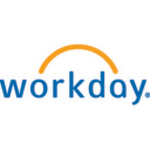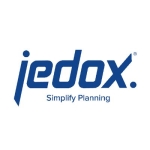The reporting is the most valuable feature for us. If, for example, finance wants to know their P&Ls for their various channels, they can get that data. The fact that Hyperion is a consistent system without any big issues is huge for our users to make decisions based on financial results.
It's not complex, at least our set up isn't complex. There are lots of tools and we have our core services. We don't have a lot of strategic finance data in it, so our footprint is fairly small, making it easy to manage.
The biggest business benefit is allowing P&L reporting to happen when needed. It helps us drive financial results to where it needs to be.
Our system is user-managed at our location. So long as the system is up and running and available, our users can do what they need to do. Occasionally, though, we get issues such as process hangs or something similar, although they're usually known bugs the fixes for which we can find in Oracle support fairly easily.
We have some process hangs occasionally, but they're usually small and easy to fix. Other than that, we don't have any major issues with deployment.
Stability has been good on as we have a small footprint. It's reliable and we don't have to do much with it; we just let it run.
We've had not had to scale it up at all. We basically have had the same hardware with that for the last 5 years.
The initial setup was pretty straightforward. It's not a complex thing and it went in great. We actually migrated from an old environment to a new environment on that one. We brought data forward, although there were some small issues here and there as we got it up and going, but nothing that wasn't documented or fixed.
We implemented it ourselves with our in-house team.
It goes back to your reporting and what you want to get out of it. Hyperion seems to be a very good product and it seems to be pretty stable. It's something that you can give to your users to just use. It's pretty hands-off most of the time.

















